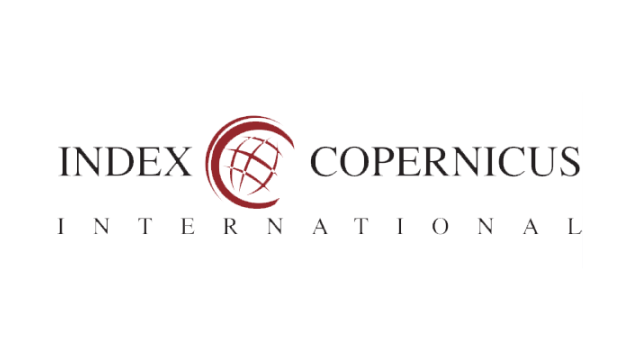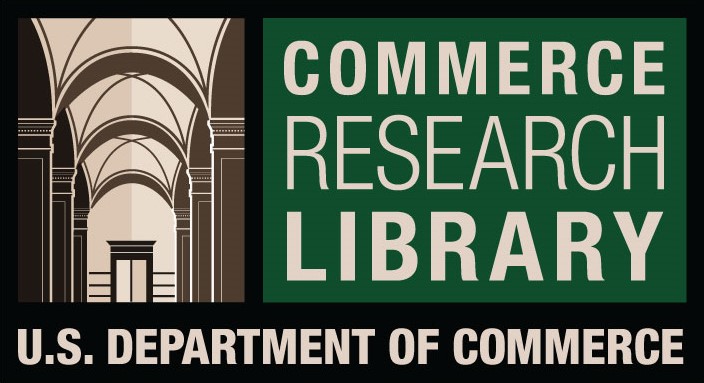Control government oversight reports in Light standards of the International Organization of Supreme Audit Institutions Finance and Accounting (INTOSAI): Evidence from the Iraq State
DOI:
https://doi.org/10.61841/r17ksa41Keywords:
government reports, INTOSAI, monitoring agenciesAbstract
Aim of this study is to evaluate the commitment of those responsible for preparing oversight reports in the Iraq State by following the requirements of the INTOSAI standards in order to prepare reports in terms of the form, and content of the oversight report and try to adjust from this direction. In the present study the researcher has followed practical modern approach (inductive deductive joint) via examining previous scientific efforts in the field of research phenomenon, as well as the analytical approach to achieve the hypotheses of this research.
Importantly, the study concluded that there is a difference in the opinion of the respondents in estimating the benefit criterion for all parties used for monitoring reports. According to that, it follows the content and form in a way that ensures presenting of the results objectively, so that they can utilize these reports in government oversight processes.
The study recommended the necessity of adhering to the international standards of the supreme audit bodies when preparing the audit reports in terms of form and content.
Downloads
References
1. Mahmoud Abdel-Fattah Ibrahim Rizk and Hasna Attia Taha Hamed (2017). “Criteria for drafting government regulatory reports (INTOSAI) and their relationship to the supervisory role of the Office of Financial Supervision of the Kurdistan Region of Iraq,” Scientific Journal of Trade and Environmental Studies, Ain Shams University, Volume (8), Appendix.
2. Mansour Muhammed Larish and Milad Rajab Ashmaila (2013), “Evaluating the effectiveness of the financial audit procedures for the Libyan Accounting Office in preserving public money according to the standards of INTOSAI International,” Journal of Economic and Political Science, Faculty of Economics and Trade, University of Asmari, Zaltin, Libya, second edition.
Downloads
Published
Issue
Section
License
Copyright (c) 2020 AUTHOR

This work is licensed under a Creative Commons Attribution 4.0 International License.
You are free to:
- Share — copy and redistribute the material in any medium or format for any purpose, even commercially.
- Adapt — remix, transform, and build upon the material for any purpose, even commercially.
- The licensor cannot revoke these freedoms as long as you follow the license terms.
Under the following terms:
- Attribution — You must give appropriate credit , provide a link to the license, and indicate if changes were made . You may do so in any reasonable manner, but not in any way that suggests the licensor endorses you or your use.
- No additional restrictions — You may not apply legal terms or technological measures that legally restrict others from doing anything the license permits.
Notices:
You do not have to comply with the license for elements of the material in the public domain or where your use is permitted by an applicable exception or limitation .
No warranties are given. The license may not give you all of the permissions necessary for your intended use. For example, other rights such as publicity, privacy, or moral rights may limit how you use the material.









